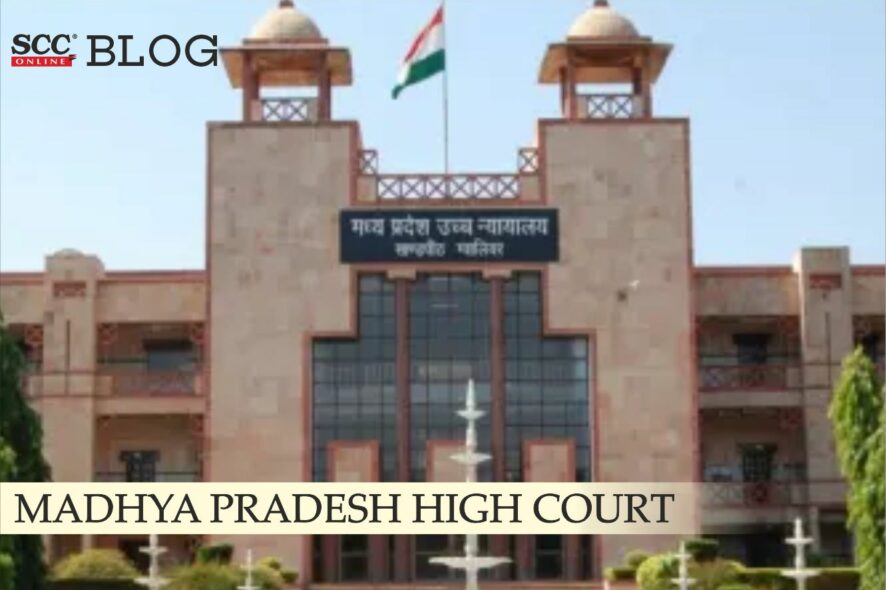Madhya Pradesh High Court: While dismissing an appeal filed under Section 173(1) of the Motor Vehicles Act, 1988 challenging award passed by Eighteenth Additional Motor Accidents Claims Tribunal, Jabalpur (MP), Vishal Dhagat, J. held that the present case is a case of misrepresentation on the part of legal representatives/driver/owner of vehicle in contracting with the appellant for purchase of policy in name of deceased owner.
An accident had occurred and the vehicle was insured by appellant-Company by issuing policy in favour of owner. One fateful day, vehicle was driven rashly and negligently, and it plunged into a pond which resulted in death of two persons by drowning. Appellant had challenged the award on ground that owner of said vehicle had died on 08-10-2010. Insurance policy was brought on 19-05-2013 in name of a dead person and there cannot be any contract between dead and living person and therefore, insurance policy is null and void and Claims Tribunal had committed an error in fixing liability on appellant/ Insurance Company to indemnify the owner and pay to legal representatives of deceased.
Counsel appearing for respondents supported the award and relied on the reasons given by Claims Tribunal.
The Court opined that in this case as owner has died before purchasing insurance policy, therefore, there was a misrepresentation on the part of legal representatives/driver/owner of vehicle in contracting with the appellant for purchase of policy in name of deceased owner.
Contract entered between the parties is not voidable as consent given by appellant for covering the risk on purchase of policy was given by misrepresentation or silence hiding the fact that owner has died as appellant had means to discover the truth with ordinary diligence.
Court held that Insurance Company made no efforts to find out why Insured did not appear and sign the application. Insurer could have discovered the truth by ordinary diligence following proper procedure for issuing of policy. Insurer received the money and had issued the policy. Insurer did not exercise ordinary care and diligence in the case.
The appeal was dismissed stating that under these circumstances, policy cannot be held to be voidable at option of appellant.
[National Insurance Co. Ltd. v. Guudi Bai, 2022 SCC OnLine MP 1440, decided on 21-06-2022]
Advocates who appeared in this case :
Ms. Amrit Kaur Ruprah, Advocate, for the Appellant;
Mr. Neeraj Ashar, Advocate, for the Respondent.
*Suchita Shukla, Editorial Assistant has reported this brief.






